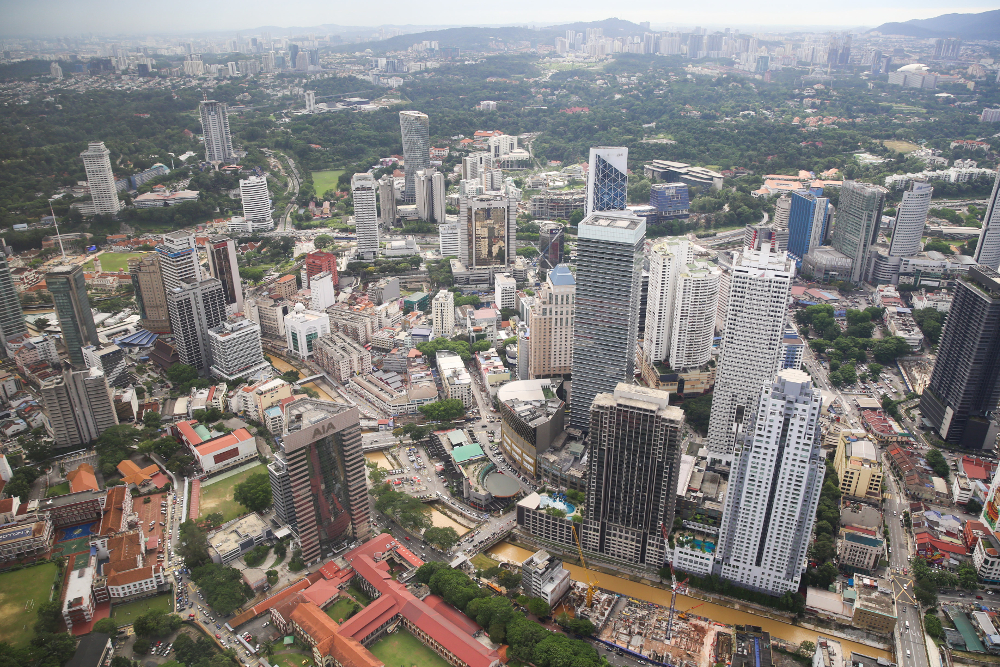PUTRAJAYA, July 4 — The Malaysian Population and Housing Census 2020 (Census 2020) which will begin Tuesday, is a comprehensive data collection to assist the government in organising its needs and charting a better future for Malaysians.
Chief Statistician Datuk Seri Mohd Uzir Mahidin said through the census data, which is implemented every 10 years since 1963, the government could outline priorities and strategies beneficial to the general population.
“With good data, the country’s future can somehow be predetermined and preorganised according to what should be done and the findings of this census will eventually be returned to the public in the forms of government decisions, plannings and detailed policies.
“We have to remember, when we have an annual budget of RM280 million this year, for example, the census data helps in determining how the money should be spent or to which sectors should the priority or extra allocation be given to.”
He said this in an interview with Bernama in conjunction with Malaysia Census Day which will be launched by Prime Minister Tan Sri Muhyiddin Yassin at the Putrajaya International Convention Centre (PICC) on July 7.
Mohd Uzir said data collected from the census on nine million residences could also assist the government in providing facilities and services for collective consumption such as roads, utilities and security services such as the fire department and the police.
The information could also be used in providing for long-term plannings of employment opportunities and income for the people to ensure that no one would be left out in development and technology including those in the rural areas, he added.
“As a developing nation, Malaysia has many policies such as those involving senior citizens, agriculture, IR 4.0 and the gig economy, thus the census data that represents the pulse of the people helps to ensure the income distribution can be enjoyed by everyone,” he said.
Hence, Mohd Uzir is hopeful that Malaysians of all races and income status will cooperate and provide correct and honest information to ensure that the future generation can enjoy more comprehensive and well-organised benefits.
“I have always said that what we have and are enjoying now is possibly due to good implementation of the holistic census which began in the early 1970s and I am confident that in that during that time, everyone had given their cooperation in the implementation of the census so that the government knew exactly what needed to be done.
“The good data (obtained from the census) enabled us to build many schools. Years ago, university admission was difficult because there were not many universities, but now there we have so many universities around...thus we must remember the contributions of yesteryear for what we currently have, so now it is our responsibility to do the same for the next generation,” he added.
Census 2020 involving 32.7 million Malaysian population will be implemented in two phases, with the first from July 7 to Sept 30 to be conducted online (e-Census), and the second from Oct 7 to Oct 24 via face-to-face interview.
On the preparations for Census 2020, Mohd Uzir said it had begun in 2017 with the implementation of listing and updating of housing areas data in Malaysia including the new ones.
The handling cost for Census 2020 is estimated at RM413 million, mainly for operations, system acquisition, including payment for censors and supervisors involved in the exercise.
A total of 115,685 personnel will be involved in the handling of Census 2020 including 99,356 censors, 14,581 supervisors and 1,385 Census officers consisting commissioners, deputy commissioners, assistant commissioners and district superintendents.
The Census 2020 Report is expected to be issued as early as the first quarter of next year with preliminary information on the demographic features of the Malaysian population. — Bernama



















